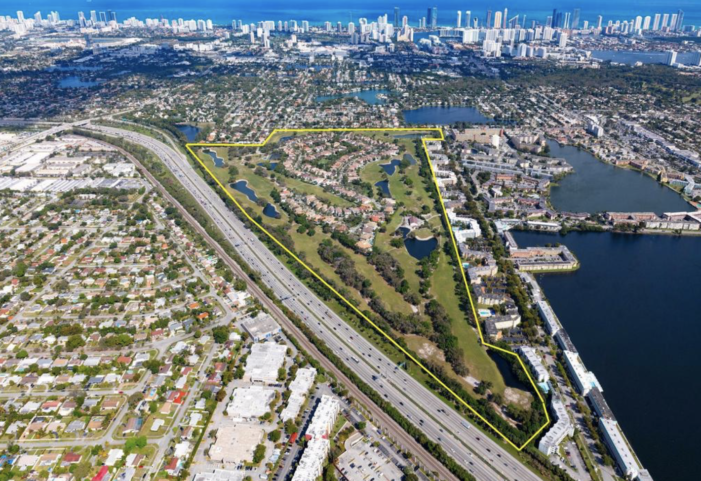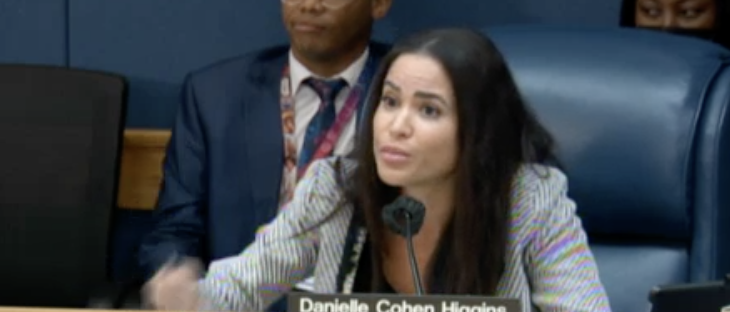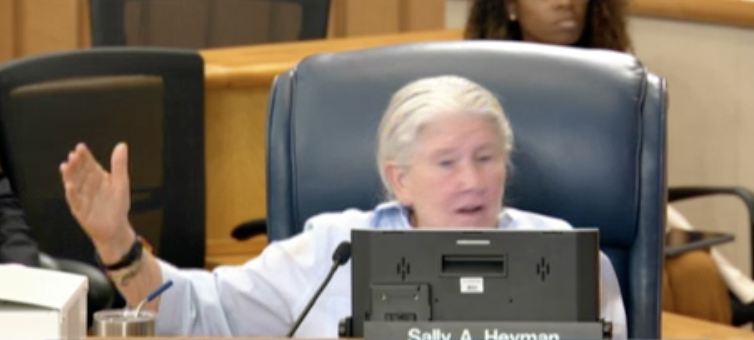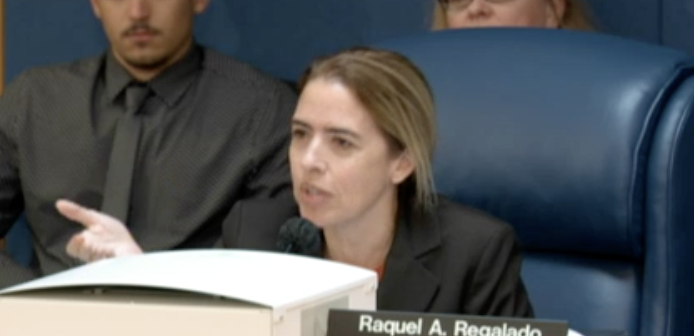The owners of the closed Presidential Estates Golf Course in North Miami Beach got the green light Thursday to build 119 homes on the property after Miami-Dade Commission voted to approve the rezoning despite concerns from staff, residents and the district commissioner, Sally Heyman.
But it was expected. The commission is so developer friendly that Chairman Jose “Pepe” Diaz actually feels comfortable saying out loud that he’s going to cut critics’ time in half but give more time to an applicant.
Earlier in the meeting and on another application, environmental groups asked for five minutes to oppose moving the Urban Development Boundary. Diaz said he’d give them four. Developers then asked for 10 minutes. “I’ll give you 12 to make sure you get it all in,” Diaz said, without blinking.
No joke. It’s that blatant. It’s not the first time, either. This commission seems to answer to developers rather than the residents. They never met a covenant they couldn’t break.
Read related: Calusa golf course covenant to be killed for massive Kendall development
Thursday’s vote ignores a covenant that says the golf course land, if ever it was not a golf course, was to stay as open green space with jogging and bicycle trails. To get out of that covenant, 75% of the Presidential Estates homeowners have to agree.
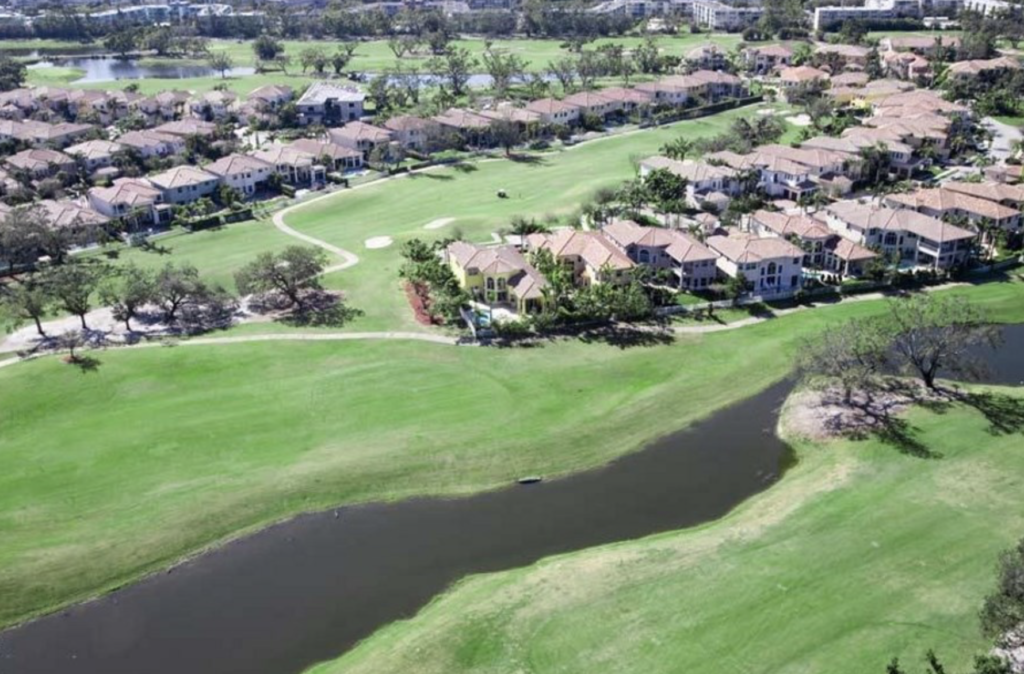
BH Aventura Presidential Golf Club doesn’t have that. Lennar, which wants to build the 119 luxury homes, doesn’t have that. Nobody has taken the steps the would-be developers of Calusa did to buy out the voting members of the community so they could reach their threshold and release the covenant. Instead, their attorney is interpreting the covenant in the loosest and most convenient way, focusing on how it only had to stay a golf course for 15 years and it only had to be 5,400 square feet in size.
Their project includes 75 acres of open space so they think that complies. Funny guy lobbyist Juan Mayol said that it addressed the housing crisis.
“It is a wasted asset,” Mayol said of the space, which could be instead “additional [housing] inventory in the urban infill area.” Ladra didn’t know the housing crisis included a shortage of multi-million dollar mansions.
Read related: Calusa developers try to scare away wildlife before county mandated study
Also, those pesky homeowners in Presidential Estates should be grateful. The original plan was to build 267 condos and 25 townhomes and at one-time 98-foot towers were considered. “Those site plans, quite frankly, were not a compatible as the one before you.”
Well, no shit. But 134 new units is still nothing to sneeze at.
The position of the objecting homeowners is that the golf course is the golf course, even if the original developers of the community made it bigger than the minimum 5,400 square yards. And that the open space condition was forever — unless 75% of the homeowners agreed to change it.
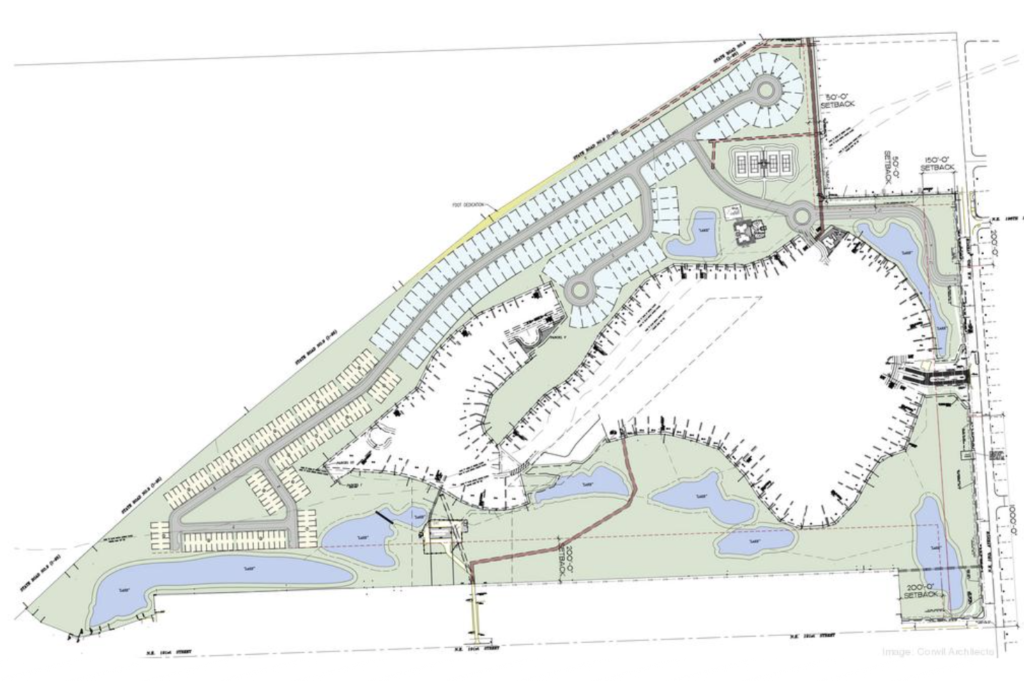
It does seem from the language that is the most likely intention — that it would never be developed into homes. Nobody creates a covenant to speed up development.
Read related: Developers propose giant stadium, two hotels and more in Tropical Park
Homeowners said they were guaranteed the green space would be there forever. “We made a decision to pay a premium for a golf course wide open view, rather than a less expensive lot that looked into another home,” said Cherise Metz, one of the first buyers in June, 1999. She said they were being denied the right to vote on the covenant.
“Instead the developer is trying to get around the covenant,” she said, adding that the commission denied the very same concept in 2009. “I don’t even know what we’re doing here.”
Residents who oppose are not just from Presidential Estates but also Skylake, Coventry, Rolling Green and other neighborhoods that will be affected by the increase in traffic and density.
Bob Weiss who lives on 196th Terrace said the public hearing should have come after the covenant vote. “This is a sham,” he said. “The applicant is misrepresenting… please send a clear message to the residents of Miami-Dade County and the developer that you respect covenants.”
Tony Recio, representing the Presidential Estates Homeowners Association said covenants are promises. “Coming here without seeking to modify the covenant, without trying to get consent is inconsistent with your master plan,” Recio said, adding that both Calusa and California Club developers had to get consent.
Commissioner Raquel Regalado, who loves to remind everyone that she’s an attorney, said that the covenant was “poorly written” and “not specific enough.” She sided with the developer’s attorney’s interpretation.
Read related: Met with wide opposition, developers win 11th hour reprieve on UDB vote
Commissioner Danielle Cohen Higgins wanted the developers to get the consent. “Those covenants give the community a voice,” she said. “This is the process.”
She also scoffed at the argument that this was a solution to the housing crisis.
“Let’s not forget that thee houses are multi-million dollar houses. These houses do not address our affordability crisis.”
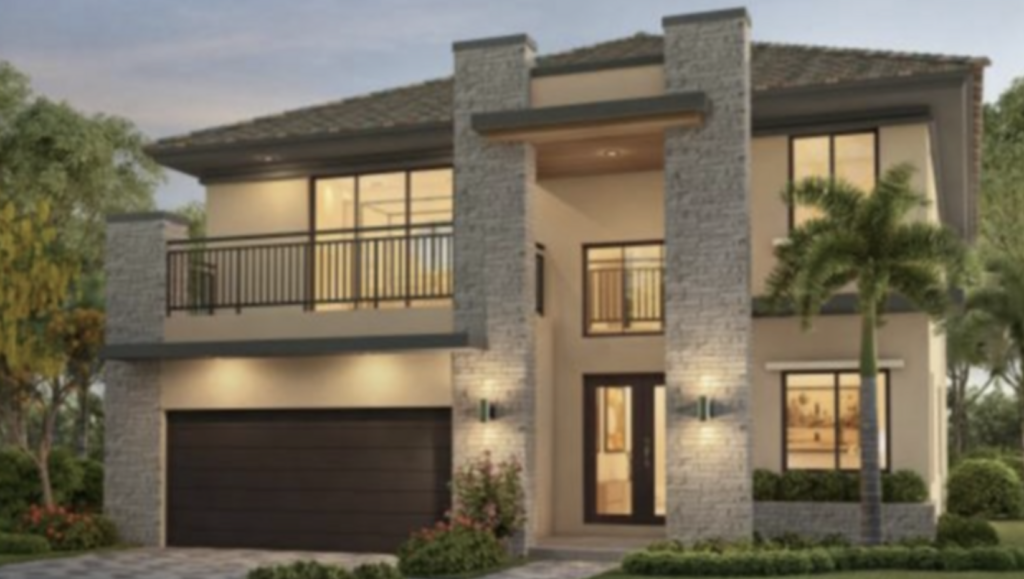
Quipped Diaz: “Imagine if we tried to put affordable housing there. We’e have pitchforks and torches.”
Heyman got visibly upset at her colleagues for questioning her guidance on the item.
“I have supported increasing density in the past. This increase will adversely affect everyone out there,” she said, adding that 18th Avenue will become a real bottleneck.
Regalado also said that the commission could not require developers to stay within the urban development boundary and then not approve projects that are — “at every price point.”
Which means in the end they found enough justification to approve the rezoning and the paving over of yet another swath of green space.

